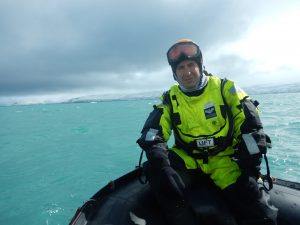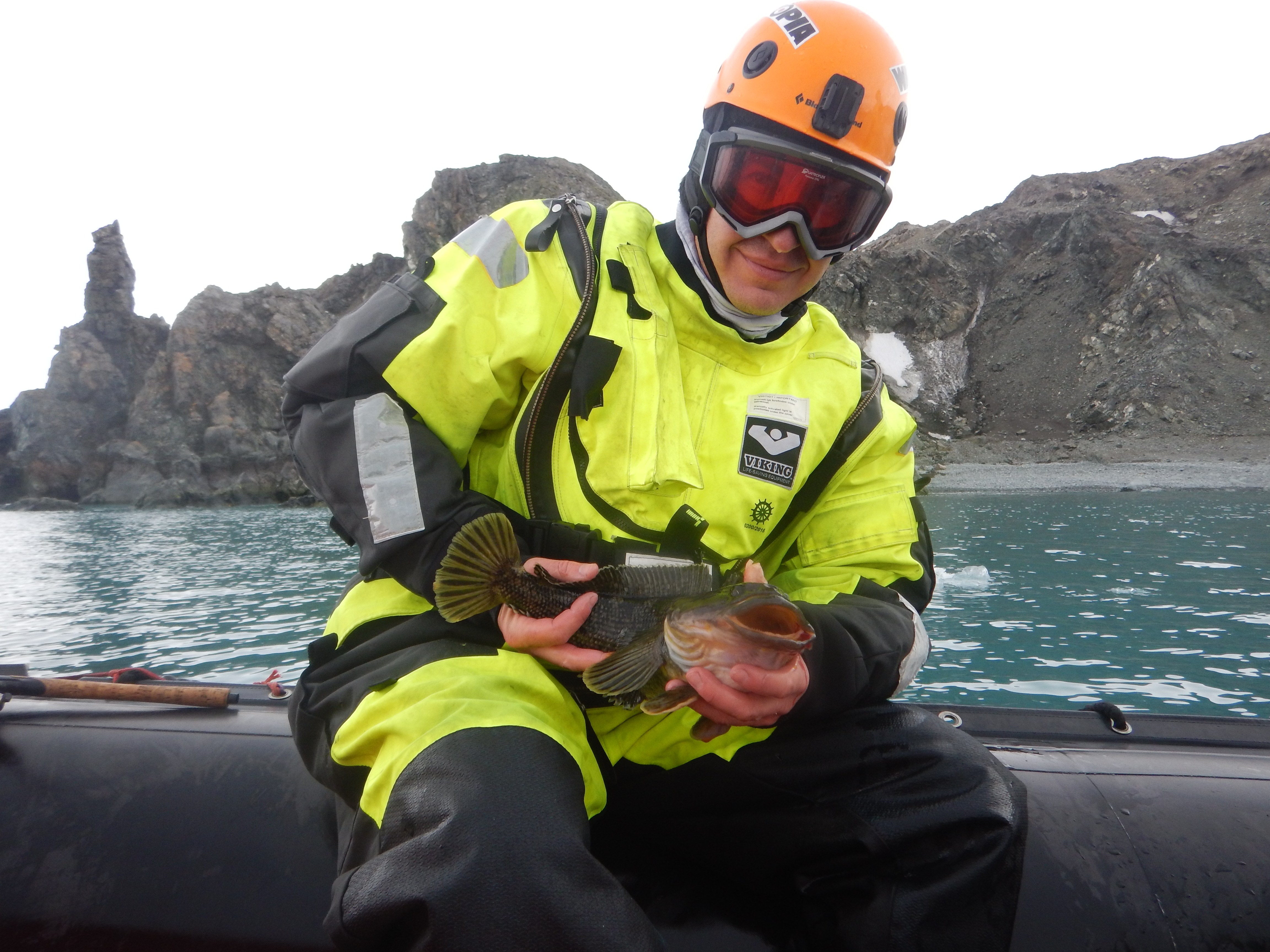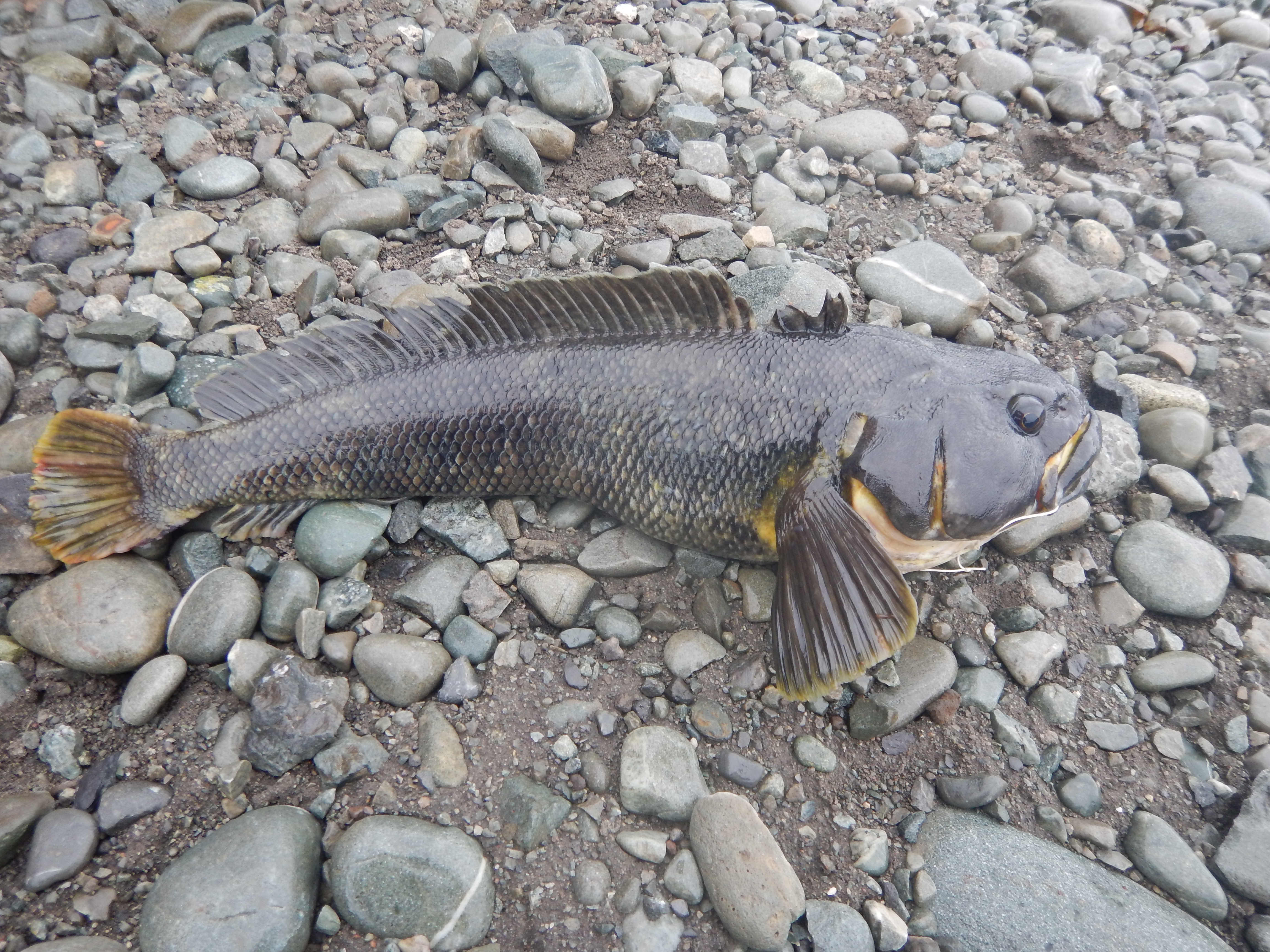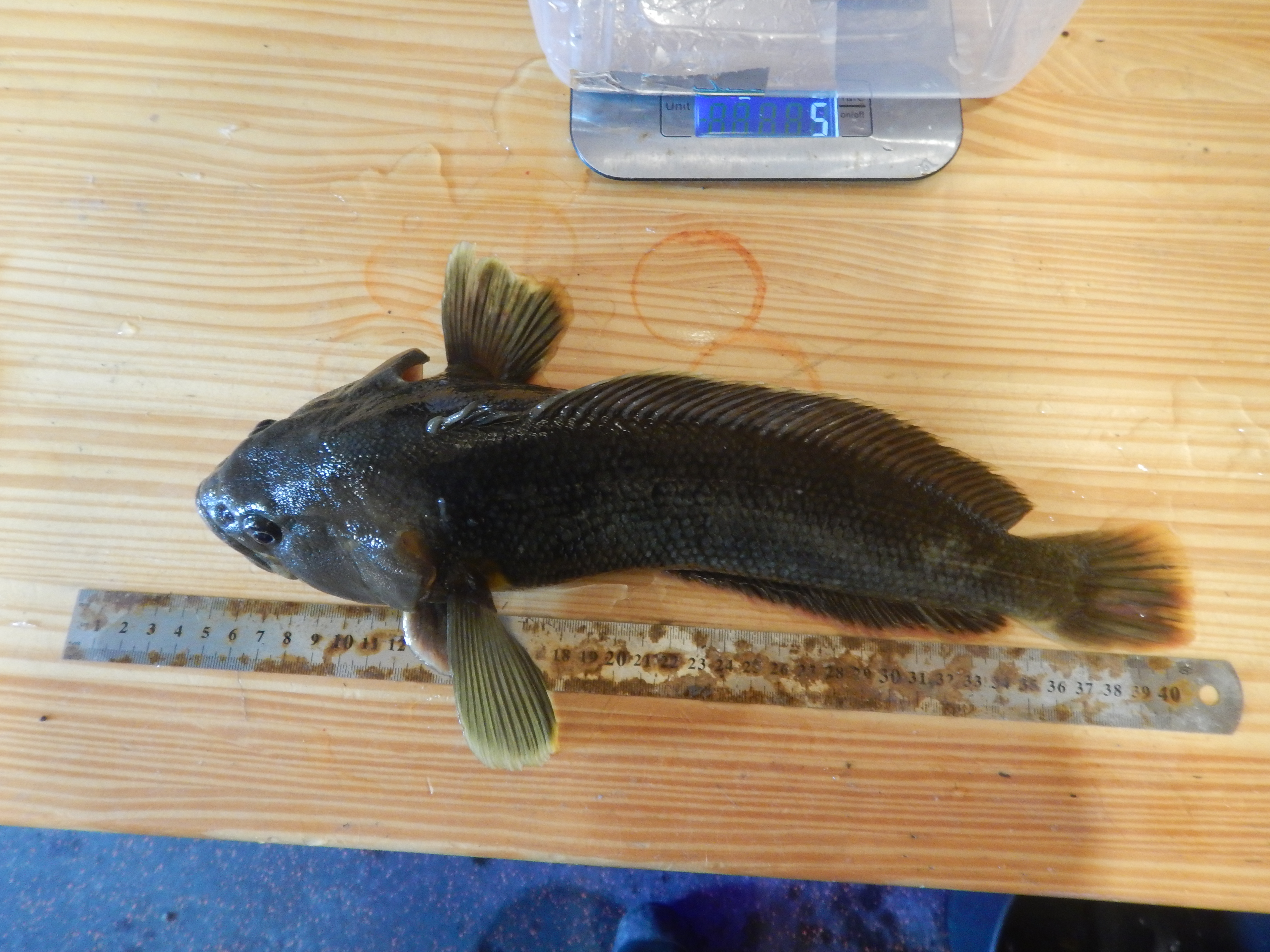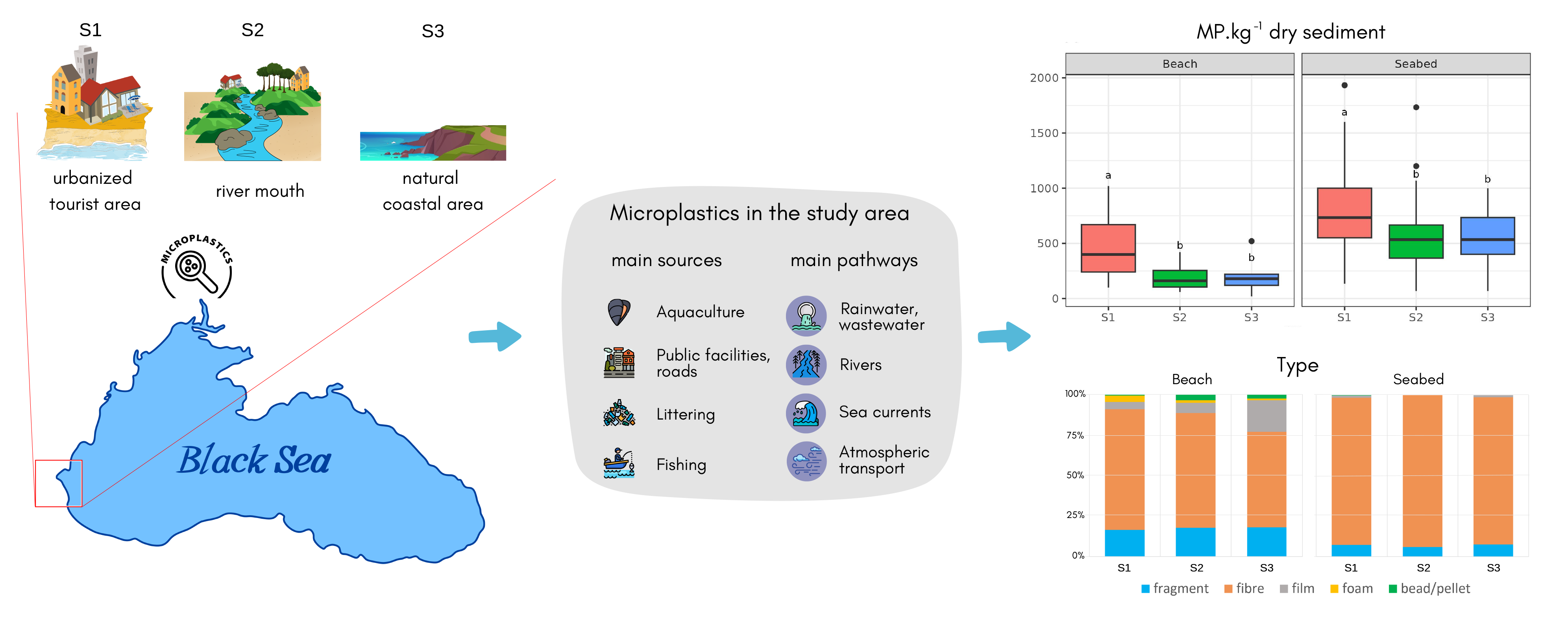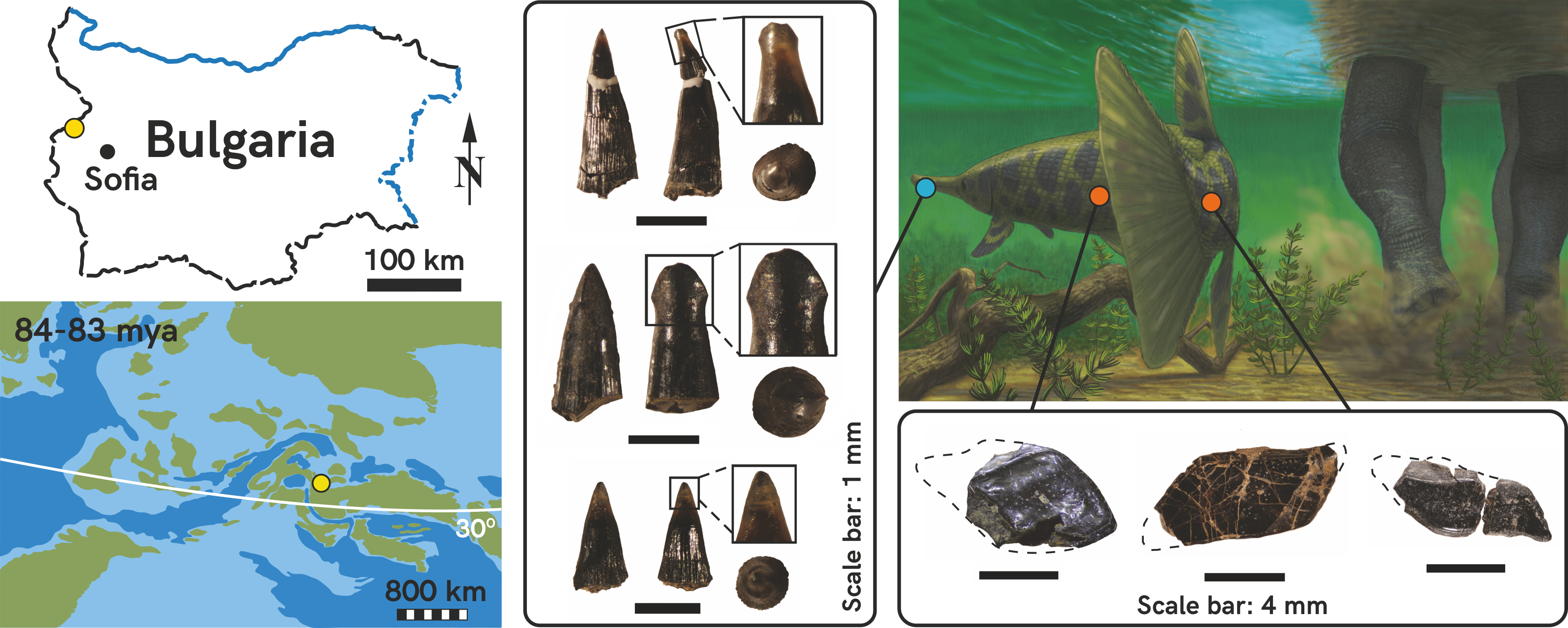Field research under the project “Ichthyological studies in coastal sea in the Bulgarian Polar Base on Livingston Island” of the National Museum of Natural History of BAS (NMNHS-BAS) was conducted within the 28th Bulgarian Antarctic Expedition. The main objective of the project is a pilot study of the ichthyological diversity, the biology of the species, the genetic profile and the parasitic fauna of the fish in the waters of Livingston Island in front of the Bulgarian Polar Base.
As a result of the field studies, a total of 7 species of fish were identified – six representatives of the family Notothenidae of the genera Notothenia and Trematomus and one species of ice fish – Chaenocephalus aceratus. Tissue samples were collected from all specimens for examination of their genetic profile, to be performed at the Molecular Ecology Laboratory of IBER-BAS. Part of the caught specimens was processed on site to determine their nutrition spectrum and to isolate parasites from them. Following the processing of the collected field data, a pilot scheme will be drawn up to monitor the fish populations and determine their current status in terms of numbers and biomass.
Some of the fish caught were labeled with so called PIT tags that have a unique individual number and are implanted in the abdominal cavity of the fish by injection. The aim is to gather more information on the biology and behavior of tagged fish by re-catching.
During the field studies, some key physical and hydrochemical parameters of the environment were measured, such as temperature, transparency, salinity, oxygen content, etc.
A small collection of specimens will be stored in the ichthyological collection of NMNHS-BAS.


